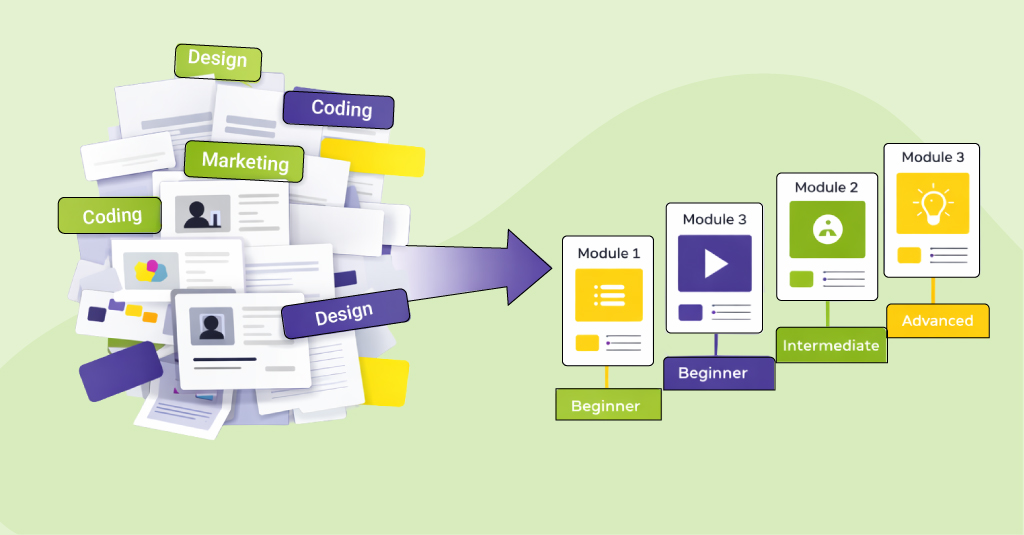I came across a challenge posted on the Innocentive website titled – Games for Health: Inspiring Adolescents to take Control of their Health. This challenge was posted by the Cincinnati Children’s Hospital and the Collaborative Chronic Care Network (C3N).
The purpose of the challenge is to seek ideas for the design of a video game that would inspire and empower kids with chronic diseases to become more engaged in managing their own illnesses.
Key Healthcare Issues Americans currently receive only about 50 percent of recommended care and typically perform only about half of the “self-management” procedures and behaviors necessary to keep them healthy. Traditional approaches to addressing these issues aren’t working quickly enough, that’s why the C3N www.c3nproject.org was created. C3N is a new system of care to enable patients, clinicians and researchers to collaborate to solve important problems, and use their collective creativity and expertise to act in ways that improve health. Critical Issues That The Solution Must Address C3N wants the game to do (at least) two main things
- Change patient behavior in the real world – improve adherence to medication and increase patient empowerment and activation
- Game to span both patient and clinician community – a bridge to improve clinician / patient interaction
Challenge Overview
The Seeker, Collaborative Chronic Care Network (C3N), is looking for approaches to using games and/or game dynamics applications to inspire adolescents with inflammatory bowel disease (both Crohn’s disease and ulcerative colitis) and other chronic illnesses to create and maintain their own health. A successful solution will present a clear description of how the game(s) should work and look like, ideally with initial thoughts on design and images. Besides, an ideal solution will include the description of all or the majority of the following “components”:
- It will clearly describe how the solution will create a community that will bring together adolescent IBD patients, their peers, their families and friends, and their doctors;
- It will clearly articulate how the solution will produce sustained engagement in self-management behaviors in a way that is persuasive, appealing and engaging to adolescents;
- It should provide well defined means for a “positive” peer pressure, i.e., allowing members of the community to positive affect and motivate other members;
- It will promote enhanced self-management of the disease by the patients and constructive, collaborative interactions between patients and doctors or other clinicians;
- It should provide some measures of “success”, that is, it should be able to “score” healthy behaviors that could be shared with the rest of the community, for example, using Twitter;
- It should provide means for group competition, i.e., by allowing teams or leveling up (Scouts, Champions, Titans, etc.)
- It should clearly define the platform upon which the proposed game(s) will run, i.e., mobile phones, Facebook, Internet portals of patient groups, etc.
- It should be specific to IBD (both Crohn’s disease and ulcerative colitis) but adaptable to other chronic conditions with only minimal adjustments.
- The Solvers are expected to provide a short (2-5 page) written description of their approaches along with drawings, diagrams or screen shots to illustrate the idea, if applicable.
Next Steps
Log on to the Innocentive website to view additional details and register for the challenge. The deadline for submitting entries is June 18th, 2011. This is a splendid opportunity for designers of game based learning to showcase their talents. I’m sending in my entry, are you?



















